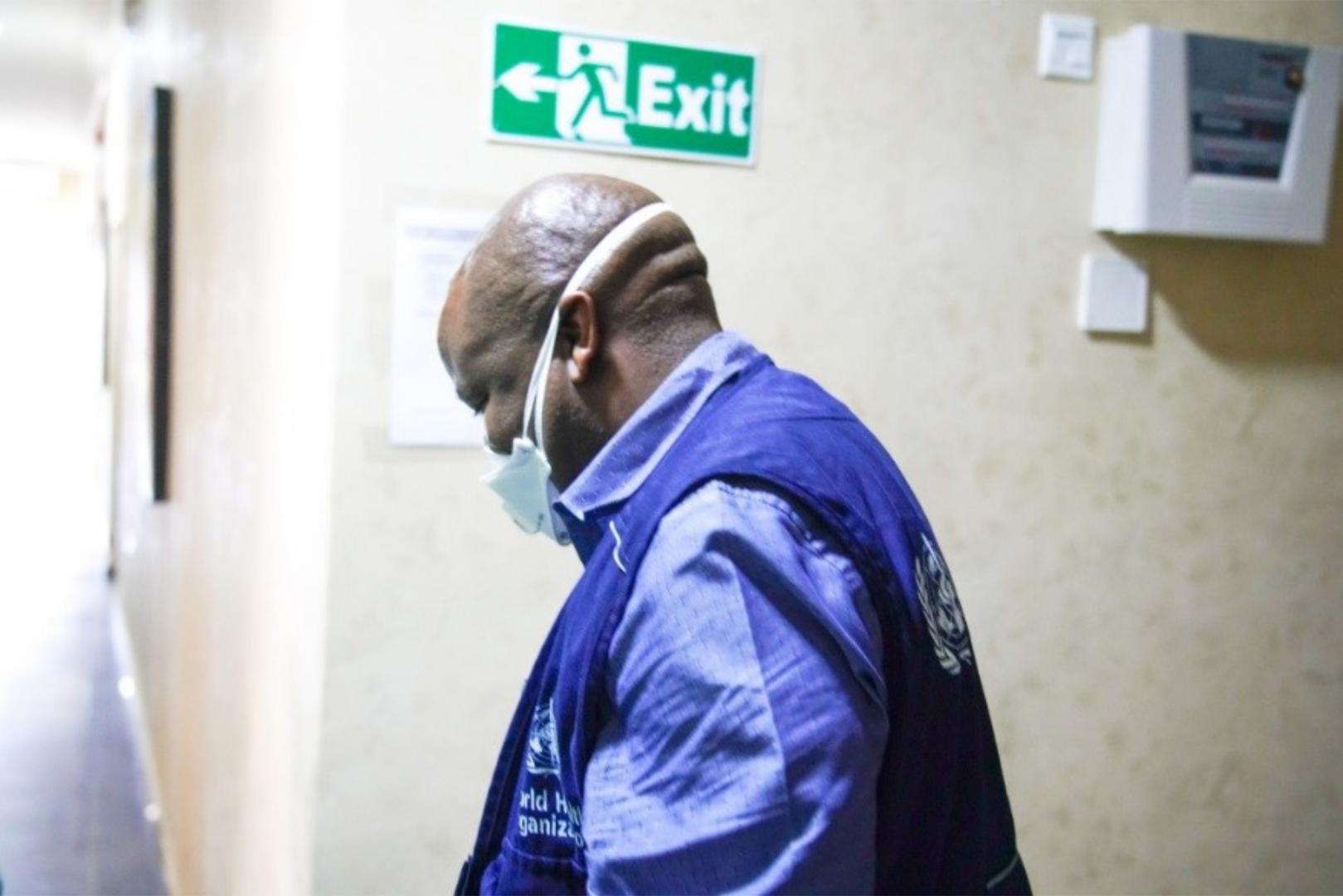TOYIN ADEBAYO, ABUJA
The World Health Organisation (WHO) has revealed that tackling mental health during isolation is essential to full recovery of Covid-19.
Narrating his ordeal, Dr Korir Charles, a WHO Nigeria staff who recovered from COVID-19 said, “When I tested positive to COVID-19 on April 23 2020, I was evacuated to an isolation facility with minimum contact with other infected persons and none with people from outside. Being in isolation was really one of my lowest points as I began feeling depressed and worried about my situation.
Fortunately, the psychosocial support provided by the World Health Organization (WHO) Stress Counsellor; Dr David Igbokwe went a long way in helping me cope with the situation.
He reached out to me on a daily basis, prompted me to have a structured daily routine and begin journaling of my experience”.
He further stated, “During isolation, I was also encouraged to reach out to family members and close friends for bonding and social support. I recall a discussion I had with him and he made me count the positive things I have achieved in my working life. This simple strategy made me focus on my strengths in the present as well as have hope for the future. I usually looked forward to receiving calls from him.”
The COVID-19 pandemic, like other situations of crisis (natural or man-made disasters), is a time of significant stress, notably associated with the uncertainty regarding possible duration and discovery of a cure/vaccine. This ongoing stress cuts across all categories- age, socioeconomic status, gender and is worse for some already vulnerable populations (elderly, poor, with pre-existing physical/mental health problems).
So far, since Nigeria recorded its first case on February 27 2020, the numbers of confirmed cases have risen to 28 711 with 645 deaths while 11 665 have been discharged as of 05 July, 2020.
A Consulting Psychiatrist in Lagos state, Dr Thomas Ibironke said, “mental and psychosocial illnesses can result from social isolation, loss of pleasures of life (like attending parties, travelling, and conferences) and stress arising from working at the frontlines. Others include unstructured work, handling children while working, job loss amongst others. With lockdowns and movement restrictions in place in many states, levels of loneliness, depression, harmful alcohol and drug use, and self-harm or suicidal behaviour may also be on the increase.
Sh added that, “To have good mental health during the pandemic, people need to focus on what is within their control, take care of their general health including diet, sleep and exercise, reduce listening or watching unreliable news, connect with loved ones remotely and speak out if they are struggling and speak to a licensed professional (counselling, other therapies, medication if needed)” she added.
Speaking further on addressing mental health amid COVID-19 pandemic, Dr Igbokwe mentioned that, “I have attended to quite a number of patients going through phases like anxiety and depression and have been able to help a lot recover and get back on track when things are not as they used to be, it is not surprising to see these effects on people’s mental health.”
He added that, “to maintain good mental health during this pandemic, it is important to adhere to a few guidelines; don’t stay inactive for extended periods watching TV, don’t spend time thinking or asking when will this end or why is it affecting me, don’t lose hope, faith and self-control. Do have a routine, do exercise, do focus on the positive aspects of the situation, do pay attention to nutrition, do have quality conversations with friends and loved ones.”
Saying, one in four Nigerians – some 50 million people – are suffering from some sort of mental illness, according to the World Health Organization.
WHO continues to be at the forefront of the fight against COVID-19 by providing support to respective response pillars of Emergency Operation Centres and the Presidential Task Force on COVID-19.

